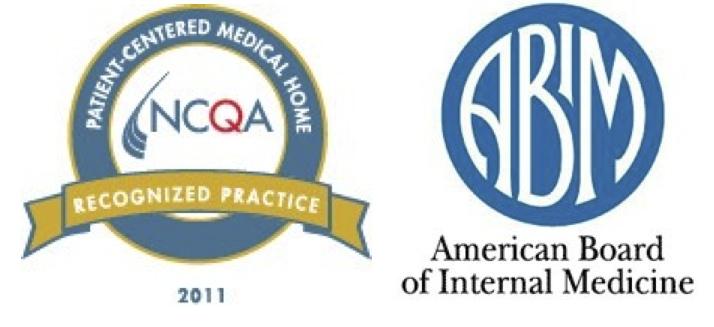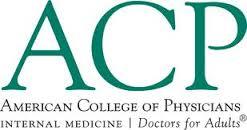Dr David Radin is Certified by the American Board of Internal Medicine. He has been practicing in Stamford, CT since 1993. He has been recognized under NCQA’s Patient-Centered Medical Home Program (PCMH).
Medical homes work to coordinate other clinicians’ care and community supports. They promote shared decisions, so patients make informed choices and get better results. We view health care as a long-term partnership between the patient and the clinician rather then a series of sporadic, hurried visits.
Take a moment to get to know us and let us know how we can help.


INTERNAL MEDICINE vs PCP
At least three of their seven or more years of medical school and postgraduate training are dedicated to learning how to prevent, diagnose, and treat diseases that affect adults. Internists are sometimes referred to as the "doctor's doctor," because they are often called upon to act as consultants to other physicians to help solve puzzling diagnostic problems.
Simply put, internists are Doctors of Internal Medicine. You may see them referred to by several terms, including "internists," "general internists" and "doctors of internal medicine." But don't mistake them with "interns," who are doctors in their first year of residency training.
Although internists may act as primary care physicians, they are not "family physicians," "family practitioners," or "general practitioners," whose training is not solely concentrated on adults and may include surgery, obstetrics and pediatrics.

“Doctors of Internal Medicine” or “Internists” are different from other doctors because we specialize in adult health care. We take care of people from their teen years through old age.
We do not deliver babies. We do not treat children. We do not do operations. We spend at least three years of our medical schooling learning about adults. We learn how to prevent, find and treat illness in adults.
Internists are equipped to deal with whatever problem a patient brings -- no matter how common or rare, or how simple or complex. They are specially trained to solve puzzling diagnostic problems and can handle severe chronic illnesses and situations where several different illnesses may strike at the same time.

In today's complex medical environment, internists take pride in caring for their patients for life. We try to bring to patients an understanding of wellness (disease prevention and the promotion of health), women's health, substance abuse, mental health, as well as effective treatment of common problems of the eyes, ears, skin, nervous system and reproductive organs.
When your health needs the care of other medical specialists, such as surgeons or obstetricians, we then coordinate out patient's care and manage difficult medical problems associated with that care.
We are ready to care for any adult sickness. No matter how common or strange it is. Or how easy or hard it is.

Clinical trials are part of clinical research and at the heart of all medical advances. Clinical trials look at new ways to prevent, detect, or treat disease. Treatments might be new drugs or new combinations of drugs, new surgical procedures or devices, or new ways to use existing treatments.The goal of clinical trials is to determine if a new test or treatment works and is safe. Clinical trials can also look at other aspects of care, such as improving the quality of life for people with chronic illnesses. National Institute of Health).
Dr. Radin has been involved with clinical trials covering a broad rage of medications and disease states and has an "insiders view" of how information on new medicaitons is obtained and published. This insight gives him a unique viewpoint of how new advances in medicine may or may not benifit his patients.
We are closed for lunch from 12:00-1:00PM.









